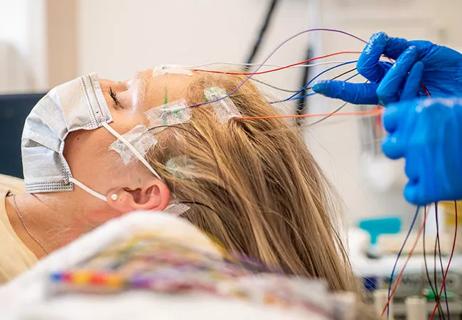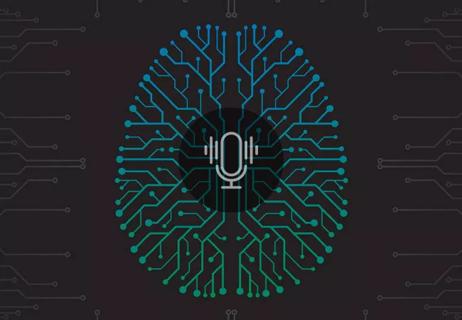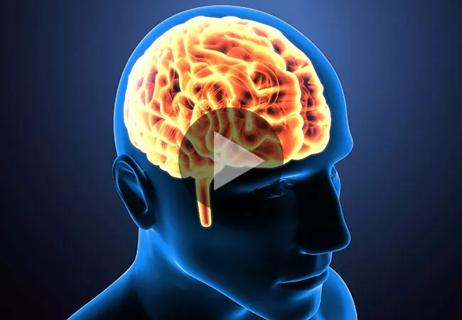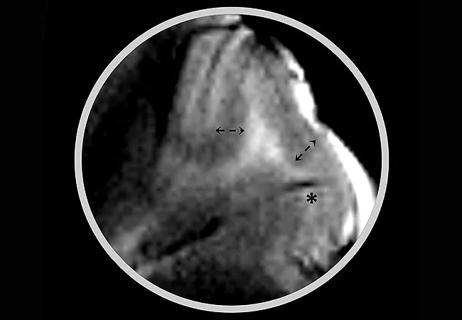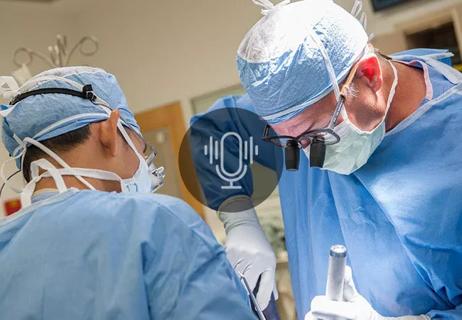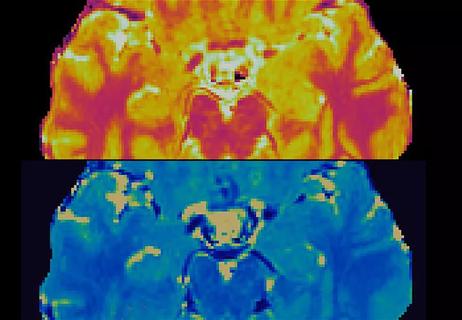Tag debug info: client: {"assets":{},"datasets":{},"live":{},"projects":{},"users":{},"observable":{"assets":{},"datasets":{},"live":{},"projects":{},"users":{}}} Now: 1770472581741 Cache Key: cqdTagPageBySlug:epilepsy-surgery fetchCache[cqdTagPageBySlug:epilepsy-surgery].expirationTime: falsey fetchCache[cqdTagPageBySlug:epilepsy-surgery]. seconds remaining: falsey All fetchCache expiration times: -- Key: cqdNotFoundPage, seconds remaining: 7330 -- Key: cqdTagPageBySlug:pediatric-liver-transplant, seconds remaining: -13873 -- Key: cqdPostsByTag:cqd-migrated-tag-22633,1,10, seconds remaining: -13803 -- Key: cqdTagPageBySlug:renal-artery-stenosis, seconds remaining: -9813 -- Key: cqdPostsByTag:cqd-migrated-tag-21377,1,10, seconds remaining: -9741 -- Key: cqdTagPageBySlug:ultra-widefield-angiography, seconds remaining: -8944 -- Key: cqdPostsByTag:cqd-migrated-tag-22860,1,10, seconds remaining: -8775 -- Key: cqdTagPageBySlug:sars-cov-2, seconds remaining: -7594 -- Key: cqdPostsByTag:cqd-migrated-tag-21907,1,10, seconds remaining: -7561 -- Key: cqdTagPageBySlug:bronchial-thermoplasty-bt, seconds remaining: -6656 -- Key: cqdPostsByTag:cqd-migrated-tag-1703,1,10, seconds remaining: -6594 -- Key: cqdTagPageBySlug:end-stage-renal-disease-esrd, seconds remaining: -5777 -- Key: cqdPostsByTag:cqd-migrated-tag-1038,1,10, seconds remaining: -5699 -- Key: cqdTagPageBySlug:heart-failure, seconds remaining: -4881 -- Key: cqdPostsByTag:cqd-migrated-tag-74,3,10, seconds remaining: -4793 -- Key: cqdTagPageBySlug:cardiac-implantable-electronic-device-cied, seconds remaining: -3504 -- Key: cqdPostsByTag:cqd-migrated-tag-4777,1,10, seconds remaining: -3464 -- Key: cqdTagPageBySlug:in-hospital-stroke, seconds remaining: 1919 -- Key: cqdPostsByTag:cqd-migrated-tag-26527,1,10, seconds remaining: 2001 -- Key: cqdTagPageBySlug:kidney-cancer-imaging, seconds remaining: 2368 -- Key: cqdPostsByTag:cqd-migrated-tag-25816,1,10, seconds remaining: 2439 -- Key: cqdTagPageBySlug:childhood-obesity, seconds remaining: 3245 -- Key: cqdPostsByTag:cqd-migrated-tag-2221,1,10, seconds remaining: 3323 -- Key: cqdTagPageBySlug:infective-endocarditis, seconds remaining: 7330 -- Key: cqdPostsByTag:cqd-migrated-tag-489,2,10, seconds remaining: 7355 conditions: -- false, -- NA, -- NA, -- NA -- false Cache miss for key cqdTagPageBySlug:epilepsy-surgery - retrieving from Sanity CCCache.dataFetchCount: 6092 Cache cleanup seconds remaining: 14223
Advertisement
Advertisement
Researchers pair quantitative imaging with AI to improve surgical outcomes in nonlesional epilepsy
Insights on how stereoelectroencephalography is continuing to improve seizure localization
Progress in stereoelectroencephalography for epilepsy surgery evaluation since Cleveland Clinic performed the first U.S. case in 2009
Model relies on analysis of peri-ictal scalp EEG data, promising wide applicability
Advertisement
Cleveland Clinic is a non-profit academic medical center. Advertising on our site helps support our mission. We do not endorse non-Cleveland Clinic products or services. Policy
Data-driven methods may improve seizure localization and refine surgical decision-making
Multivariable models help estimate risk of postoperative declines in cognition and mood
ILAE advises emphasizing options for patients with drug-resistant epilepsy
Mounting support for the newly described microstructure from a 7T MRI and electroclinicopathologic study
Surgery can be a game changer when medications fail to control seizures
Machine learning models shown to accurately separate lesions from normal brain, distinguish lesion subtypes
Rendered: Sat Feb 07 2026 13:56:21 GMT+0000 (Coordinated Universal Time)
9500 Euclid Avenue, Cleveland, Ohio 44195 |
800.223.2273 | ©
2026 Cleveland Clinic. All Rights Reserved.



